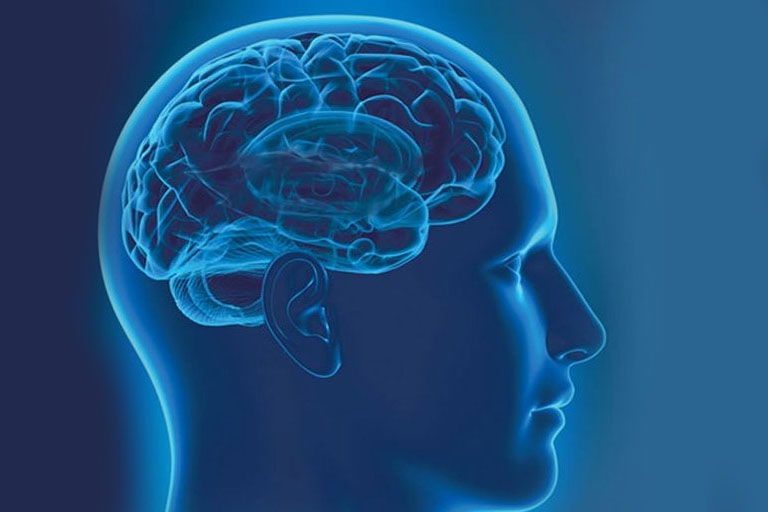Did you know there’s a relationship between untreated hearing loss and accelerated cognitive decline? It’s true. Keeping up with your hearing health is just as important as keeping up with your physical health, your vision, your dental health – really, your overall health. Here’s why good hearing is tied to good thinking.
The link between hearing loss and dementia
A Johns Hopkins study uncovered the connection between hearing loss and cognitive decline after following nearly 640 adults over the course of 12 years. What researchers found was startling:
- Mild hearing loss doubled the risk of dementia (2x).
- Moderate hearing loss tripled that risk (3x).
- Severe hearing loss quintupled it (5x).
There is currently no cure for dementia, nor any way to reverse the disease. It’s important to note, though, that hearing loss doesn’t cause a person to develop dementia – but it does increase the risk.
Four ways hearing loss can contribute to cognitive decline
Experts and neurologists spoke to AARP about the ways undiagnosed hearing loss can increase the risk of dementia. These causes include:
- 1. Physiological issues, like high blood pressure (which is why it’s so important to have a physical every year along with scheduling your hearing test).
- 2. “Cognitive overload,” which means stressing the brain from constantly straining to listen and understand speech and sounds.
- 3. Brain structure, meaning that certain areas of the brain may shrink when they aren’t getting enough auditory stimulation.
- 4. Social isolation, which is fairly common among the hard of hearing. Social isolation is also a known risk for cognitive decline.
The Johns Hopkins report also mentioned, “Although nearly 27 million Americans age 50 and older have hearing loss, only one in seven uses a hearing aid.” So, if you haven’t had a hearing test recently, it’s time to consider one.
Why better hearing health equals better quality of life
Undiagnosed or untreated hearing loss doesn’t just affect a person in a physical manner. It can affect one’s entire well-being. Studies show people with untreated hearing loss experience an increased risk of depression, anxiety, and a decreased quality of life. They may also isolate themselves from others, as they can find it difficult to engage in conversations or hear in noisy surroundings.
This is also true for children – undiagnosed hearing loss can cause problems with language development, academic achievement, and social skills. Remember, hearing health is for every person at every age.
Studies also show that hearing aids contribute to and improve health-related quality of life. And, with the incredible variety of hearing aids available to consumers today, there is help for all types of hearing loss, so don’t delay in taking care of your hearing health!
Hearing Care is Health Care™
We like to say that “hearing care is health care,” because we truly believe it. That’s why this practice offers Oticon BrainHearing™ technology. BrainHearing technology is designed to support the brain’s critical role in making sense of sound. What does this mean for you? When sound goes into your ears and into your brain, if you can’t really understand those sounds, you have trouble focusing. You get tired. You start forgetting things. Any of this sound familiar? If it does, we have solutions.
With hearing devices featuring BrainHearing technology, you get the sound information your brain needs. Oticon’s hearing aid solutions help your brain work the way it’s intended – with access to speech AND sound.
To learn more about Oticon’s life-changing technology and to schedule an appointment, contact Cody Audiology Clinic.




